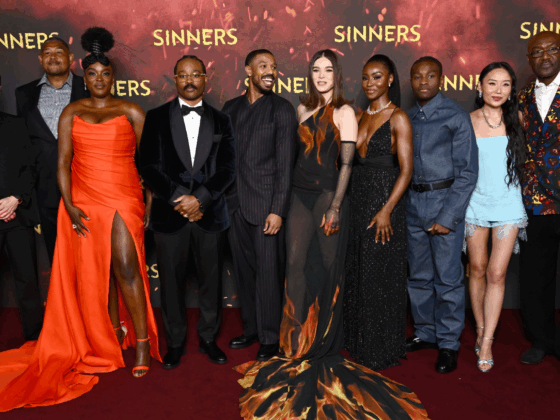
In 2017, Director James Mangold found success with the Hugh Jackman-led Logan. Released four years after his previous Wolverine-centric picture, The Wolverine, it grossed more than $600 million on a budget of under $150 million while earning rave reviews from critics.
“The ending of Logan…works in a bold and poignant way, providing the kind of closure that any story could be proud of,” Matthew Roza of Salon wrote.
“The superhero movie is no longer just quips, spandex, and fan-service. It’s a major American genre, and one that is malleable for the silly and the profound. And Logan is the most profound one yet,” Jordan Hoffman of Thrillist added.
While Mangold is proud of the film and its success, he’s not interested in diving into the broader realm of Marvel’s cinematic multiverse.
“I don’t do multiverses. But beyond that Johnny Cash was like, 30,” he told Rolling Stone.
Not only is Mangold uninterested in multiverses, but he also believes they are the enemy of storytelling in film.
“It’s weird that I’ve even worked in the world of IP entertainment because I don’t like multi-movie universe-building. I think it’s the enemy of storytelling. The death of storytelling. It’s more interesting to people the way the Legos connect than the way the story works in front of us.”
Instead of working in the framework of a multiverse, Mangold, ideally, wants to work on “unique” projects that connect with him and viewers on an work on “an emotional level.”
“For me, the goal becomes, always, ‘What is unique about this film, and these characters?’ Not making you think about some other movie or some Easter egg or something else, which is all an intellectual act, not an emotional act,” he said.
“You want the movie to work on an emotional level.”







